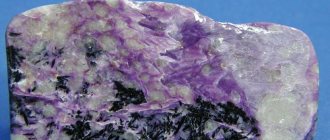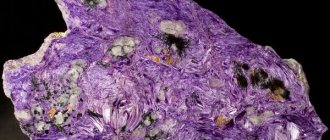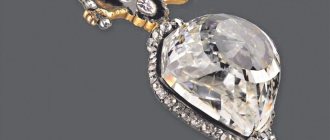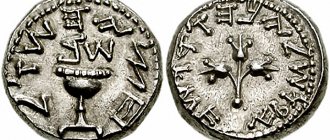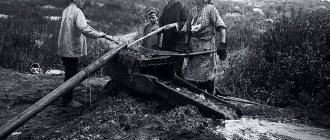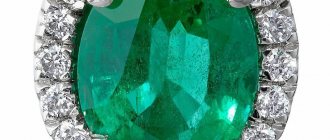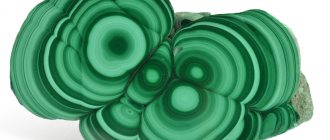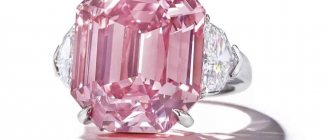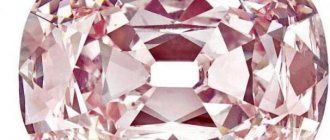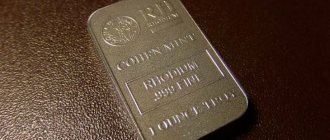The color of charoite has no analogues among rocks, as does its beautiful smoky shine. Who is charoite suitable for and why it is used by jewelers, lithotherapists and magicians - read our article.
History began with uranium
It all started with the search for uranium in 1949. The geological expedition led by V. Ditmar conscientiously described all the rocks and minerals found. But! They looked for uranium and paid attention to all the rocks and minerals associated with uranium. And the purple pebbles were identified as lilac cummingtonite; it did not attract much attention.
Ten years later, another expedition worked in the same area. It was led by Yu. Rogov. His wife, V. Rogova, also worked on the expedition. Here's what she says:
“Not far from the place where our party conducted research, Leningrad geologists led by Vladimir Ditmar worked after the war. My husband went to ask if the houses of the Leningraders had survived. Near one of the dilapidated huts, he noticed a block of an unfamiliar stone and brought me several pieces for analysis.”
It was not only in the field that the stone could not be identified. For a long time, scientists tried to classify the mineral. Which is no wonder, given the complex composition of the mineral.
Polished charoite ore in the Museum of Geology SB RAS
Charoit, charait and nimble Yankee
Purple stones were found on the banks of the Chara River. Therefore - charoite . The name is not only “geographical”, but also gives an idea of its properties. The enchanting beauty of the stone - here it is, enchanting.
Expert opinion
Semenishcheva Polina
Specialist in mineralogy. Graduated from St. Petersburg Mining University.
Interesting : V. Rogova, when she submitted an application to the Commission on New Minerals, called the stone “ charaite ”. The commission did not accept the name (too similar to the already registered Cheralite). And the application was rejected. About the cunning American - a little lower.
Mabe pearls
Mabe pearls are another example of beautiful prefabricated stones. Farmers make it from hollow blister pearls, which are collected from the shells of various mollusks. Abalone shellfish yield particularly valuable specimens. Because blister pearls form on the animal's shell rather than inside the body, they are not considered true pearls. A mother-of-pearl blister is cut out of the shell, filled with a special composition, a mother-of-pearl bead is inserted, and then glued to the mother-of-pearl back. Mabe pearls come in different sizes and styles. Thanks to its flat back, it is easily adjustable. Compared to cultured pearls of the same size, mabe pearls are an inexpensive alternative.
Origin
The rocks at the sites where the mineral was found date back to the Middle Jurassic to Early Cretaceous periods. Rock with charoites is sometimes called charoitite .
In general, the origin of charoite is still controversial among experts. It seems that charoites are formed “as a result of metasomatic replacement of host strata.”
Or maybe they are of magmatic origin. There is a connection with carbonatite alkaline melts... It’s not for us, geologists, to puzzle over this
